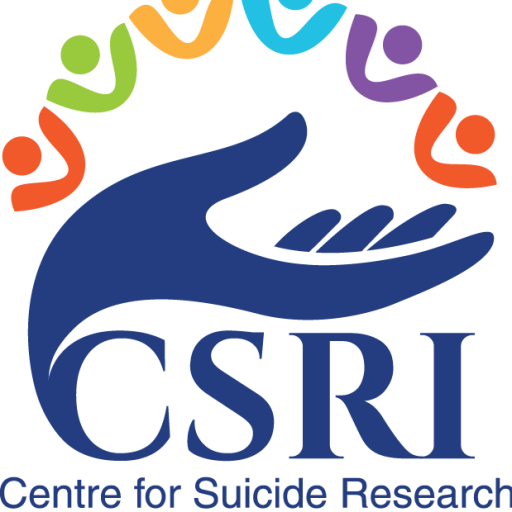Coping with Self-Harm Relapse
Self-harm relapse can be a distressing experience, but it’s essential to remember that setbacks are a normal part of the recovery journey. Relapsing doesn’t mean failure; it’s an opportunity for growth and learning. In this article, we’ll explore effective coping strategies to help you navigate through a relapse and regain control of your mental health.
Acknowledge Your Feelings:
When you experience a self-harm relapse, it’s crucial to acknowledge and validate your emotions. You may feel overwhelmed, disappointed, or even ashamed. Allow yourself to feel these emotions without judgment. Remind yourself that it’s okay to struggle, and reaching out for help is a sign of strength, not weakness.
Reach Out for Support:
Don’t face a self-harm relapse alone. Reach out to trusted friends, family members, or a mental health professional for support. Talking about your struggles can provide emotional relief and help you gain perspective. Additionally, consider joining a support group or seeking therapy to receive guidance from individuals who understand what you’re going through.
Identify Triggers:
Reflect on the circumstances or emotions that preceded the self-harm relapse. Identifying triggers can help you develop strategies to cope with them more effectively in the future. Keep a journal to track your thoughts and feelings, noting any patterns or recurring triggers. Understanding your triggers empowers you to implement proactive measures to prevent relapse.
Develop Healthy Coping Mechanisms:
Replace self-harm with healthy coping mechanisms that provide relief without causing harm. Engage in activities that promote relaxation and self-care, such as deep breathing exercises, meditation, yoga, or creative outlets like art or writing. Physical activities like walking, jogging, or dancing can also help release tension and improve mood.
Create a Safety Plan:
Prepare a safety plan to use during moments of intense distress or urges to self-harm. Include a list of coping strategies, supportive contacts, and emergency hotlines. Keep your safety plan accessible at all times, whether it’s written down or stored electronically on your phone. Having a plan in place can offer reassurance and guidance during challenging moments.
Practice Self-Compassion:
Be gentle and compassionate with yourself throughout the recovery process. Recognize that healing takes time, and setbacks are a natural part of the journey. Treat yourself with the same kindness and understanding that you would offer to a loved one facing similar struggles. Practice self-care regularly and celebrate small victories along the way.
Seek Professional Help:
If self-harm urges persist or become overwhelming, seek professional help from a therapist or counselor experienced in treating self-harm behaviors. Therapy can provide you with the tools and support needed to address underlying issues, develop healthier coping strategies, and work towards long-term recovery.
Coping with self-harm relapse requires patience, self-awareness, and resilience. By acknowledging your feelings, reaching out for support, identifying triggers, and implementing healthy coping mechanisms, you can navigate through relapse and continue on your path to healing and recovery. Remember, you are not alone, and there is hope for a brighter future ahead.

